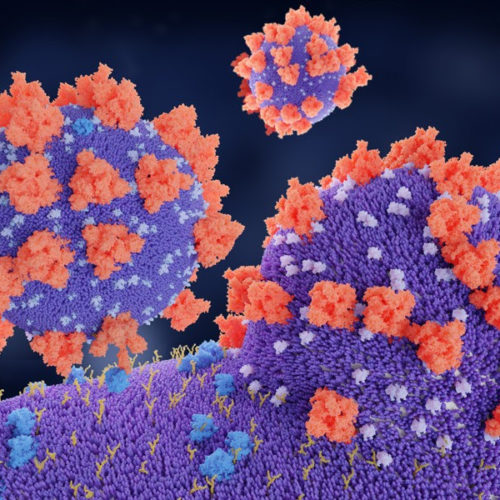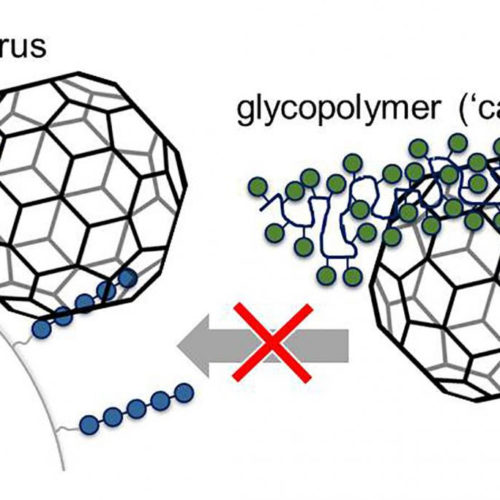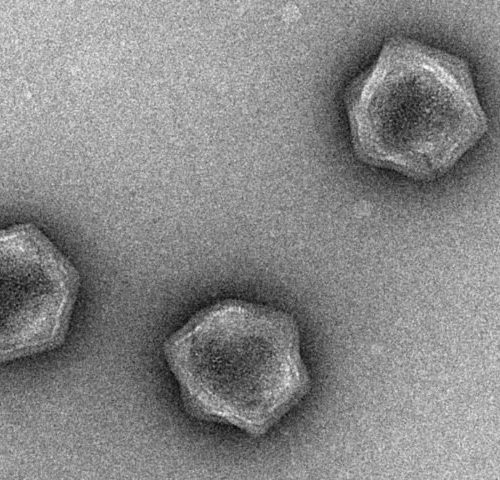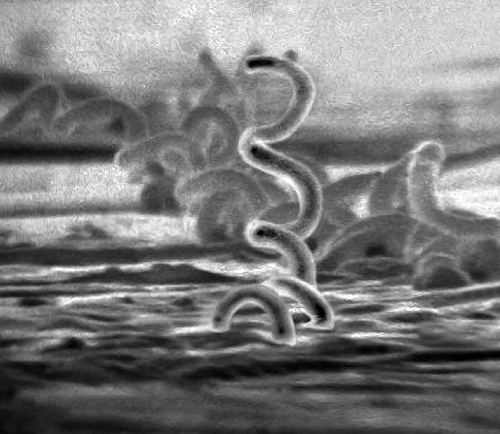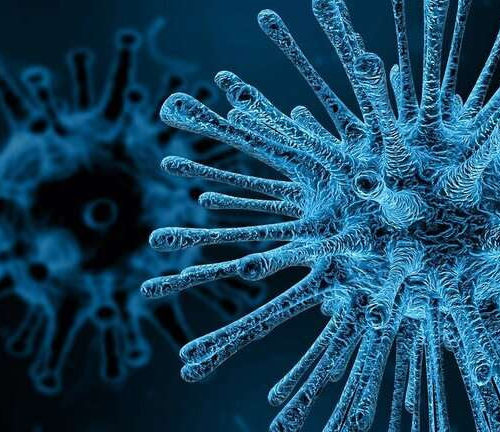Scientists at the Kennedy Institute of Rheumatology in the Nuffield Department of Orthopaedics, Rheumatology and Musculoskeletal Sciences have discovered a new way for T cells to attack cells infected by viruses or deranged by cancer. Published online by the journal Science on Thursday 7 May 2020, the new research from the Dustin Group describes the...
Tag: <span>viruses</span>
Smartphone Attachment to Detect Those Infected with Viruses, Bacteria in Minutes
Smartphone Attachment to Detect Those Infected with Viruses, Bacteria in Minutes APRIL 27TH, 2020 MEDGADGET EDITORS MEDICINE, PUBLIC HEALTH As the current COVID-19 pandemic continues to rage, there is movement toward restarting life under a “new normal”. The virus may be with us for a long time, but widespread, rapid, and accurate testing may be...
Pick of the coronavirus papers: ‘Dry swabbing’ offers a workaround to test-chemical scarcity
Nature wades through the literature on COVID-19 so you don’t have to. 28 April — ‘Dry swabbing’ offers a workaround to test-chemical scarcity Wide-scale genetic testing for SARS-CoV-2 has been hampered, in part, by shortages of the solutions used to store sampling swabs and extract viral RNA from them. To overcome this difficulty, a team...
CRISPR-based diagnostic chips perform thousands of tests simultaneously to detect viruses
by Broad Institute of MIT and Harvard Researchers have developed a new technology that flexibly scales up CRISPR-based molecular diagnostics, using microfluidics chips that can run thousands of tests simultaneously. A single chip’s capacity ranges from detecting a single type of virus in more than 1,000 samples at a time to searching a small number...
‘Backpacks’ boost immune cells’ ability to kill cancer
by Harvard University Macrophages are immune cells that patrol the body looking for potential threats like viruses, bacteria, and cancer cells, and engulf and destroy them. However, cancerous tumors have a nasty trick up their sleeves: they secrete substances that “switch” arriving macrophages from their tumor-killing state to a tumor-promoting state, in which they suppress...
Immunologist: How the body’s defense system takes on viruses, and why sometimes it loses
A powerful immune reaction called a cytokine storm is claiming the lives of some coronavirus patients. Credit: ingimage You’ve probably heard that your best defenses against the coronavirus are washing your hands, practicing social distancing, and having a healthy immune system. It’s that last part—the part you can’t really control for sure—that may have you...
Artificial ‘candy canes’ block viruses
By: L. HARTMANN, M. SCHELHAAS Viruses are part of the human experience throughout our lives. They cause lots of different illnesses with the current coronavirus pandemic as just one example. While a vaccine does provide effective protection from viral infections, vaccines are only available for a select number of viruses. This is why antiviral drugs...
Update: Viruses don’t have a metabolism, but some have the building blocks for one
In satellite photos of the Earth, clouds of bright green bloom across the surface of lakes and oceans as algae populations explode in nutrient-rich water. From the air, the algae appear to be the primary players in the ecological drama unfolding below. But those single-celled organisms we credit for influencing the aquatic environment at the...
Viruses don’t have a metabolism, but some have the building blocks for one
By shuffling DNA in and out of one gene, syphilis stays a step ahead of the immune system to resist eradication. The bacterium that causes syphilis, Treponema pallidum, likely uses a single gene to escape the immune system, new research from UW Medicine in Seattle suggests. The finding may help explain how syphilis can hide...
New study finds immune cells can defend against multiple viruses
by Brita Belli, Yale University An underlying virus does not stop the body’s immune system from launching a strong defense against a second, newly introduced virus, according to a Yale-led study that appears in the March 9 online edition of the journal PLOS Neglected Tropical Diseases. For the study, Yale researchers obtained blood samples from...

